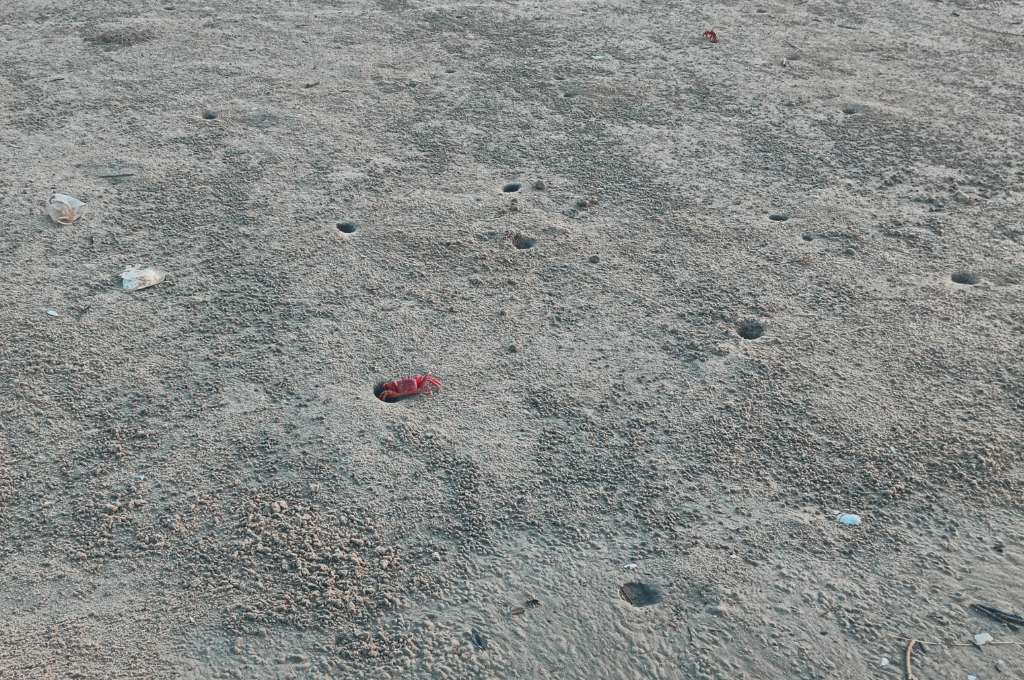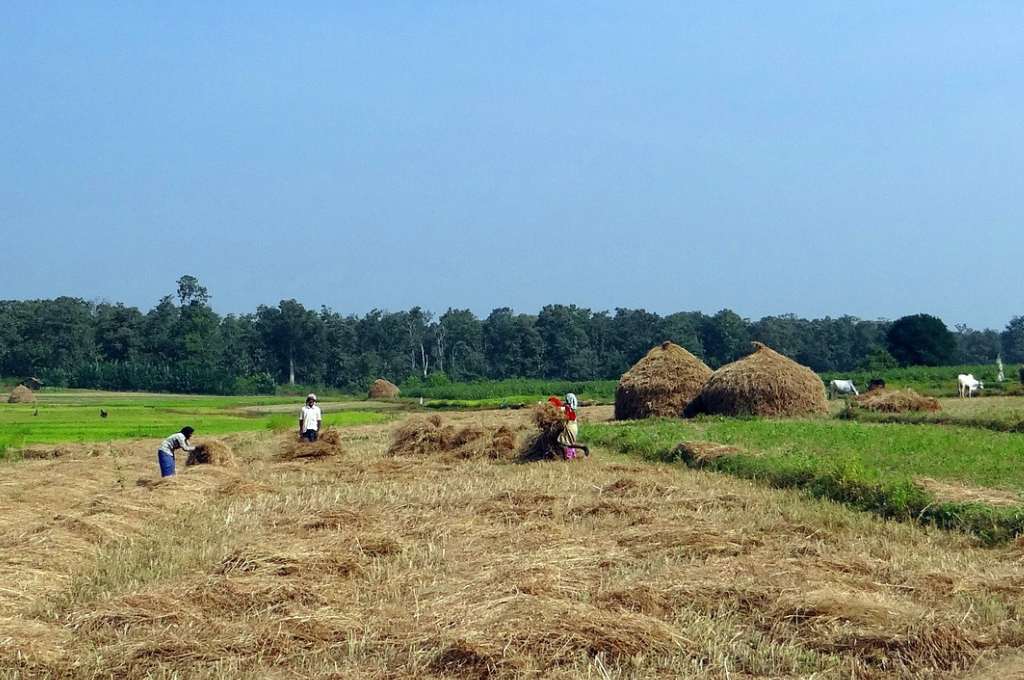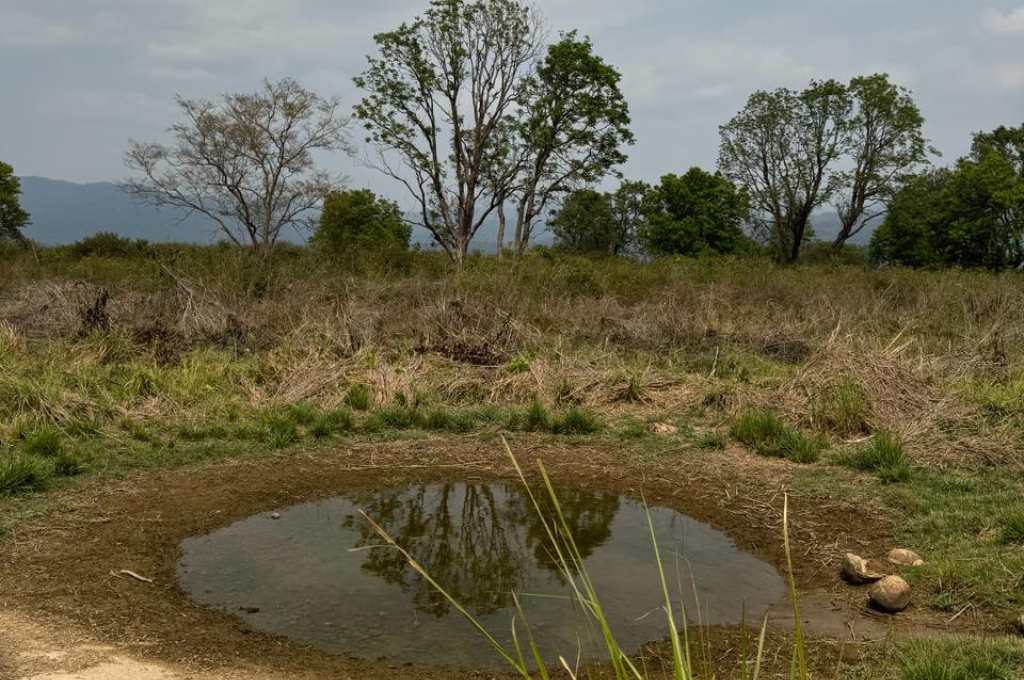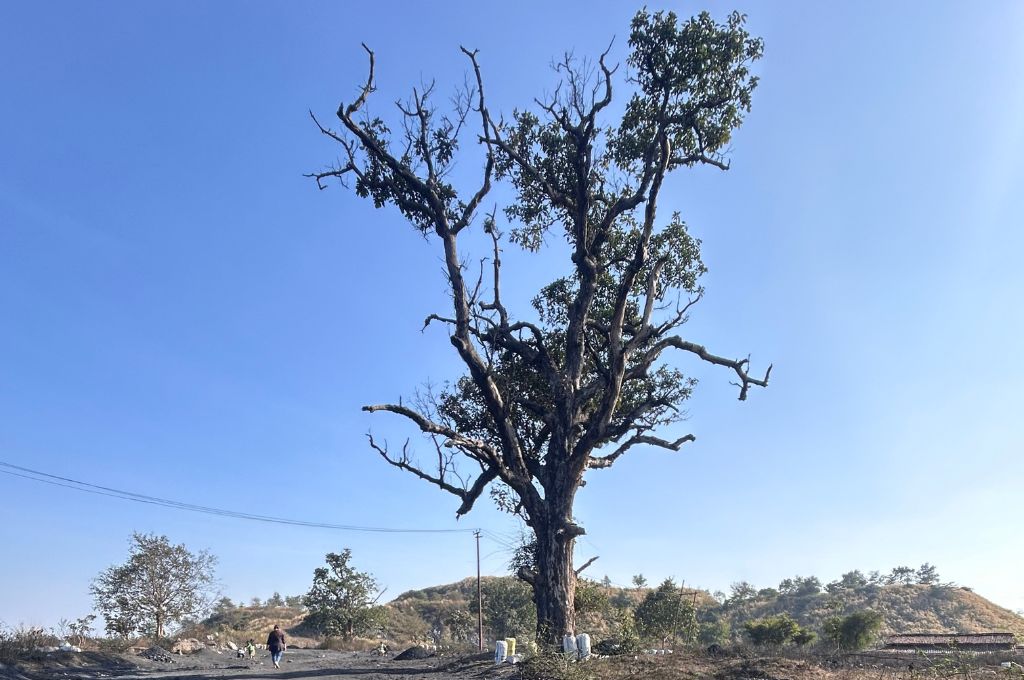Closed doors
This story has been republished from Newslaundry. You can find the original piece here.
Across the country, ASHA workers have been enrolled to lead the fight against COVID-19 at the grassroots. In Haryana, they have been asked to track people who have returned from foreign countries, and ensure that they are quarantined and follow preventive measures such as physical distancing and washing hands.
But ASHA workers are not adequately trained for this new role, and where training meetings were scheduled, they have been cancelled to avoid large gatherings. They now get most of their information from posters and other resources exchanged among themselves on their smartphones. Sunita, an ASHA worker in rural Sonipat, has been writing out tips and suggestions for her colleagues, after asking a doctor for information on COVID-19 and its symptoms.
In the villages, this lack of information, combined with the lack of equipment, is impacting the credibility of the ASHA workers. “People are not even ready to listen to us. They expect us to give them masks, or medicines, or sanitisers,” says Sunita. “But we ourselves don’t have these things.”
The regular work of ASHA workers has also taken a hit.
An important part of an ASHA worker’s job is to look after pregnant and lactating women, vaccinate children, and refer sick people to hospitals. Their role is crucial, especially in the first 10 days of a child’s life, when they weigh the child, check their hearing, and so on.
But since the COVID-19 outbreak, mothers are closing their doors to ASHA workers. “They tell me not to come to their house. They say, ‘You roam around the villages without even wearing a mask. What if our child falls sick?’ This happens especially in houses where boys are born,” says Sunita.
Menaka Rao is an independent reporter who writes on health, law, and gender.



